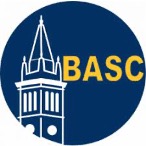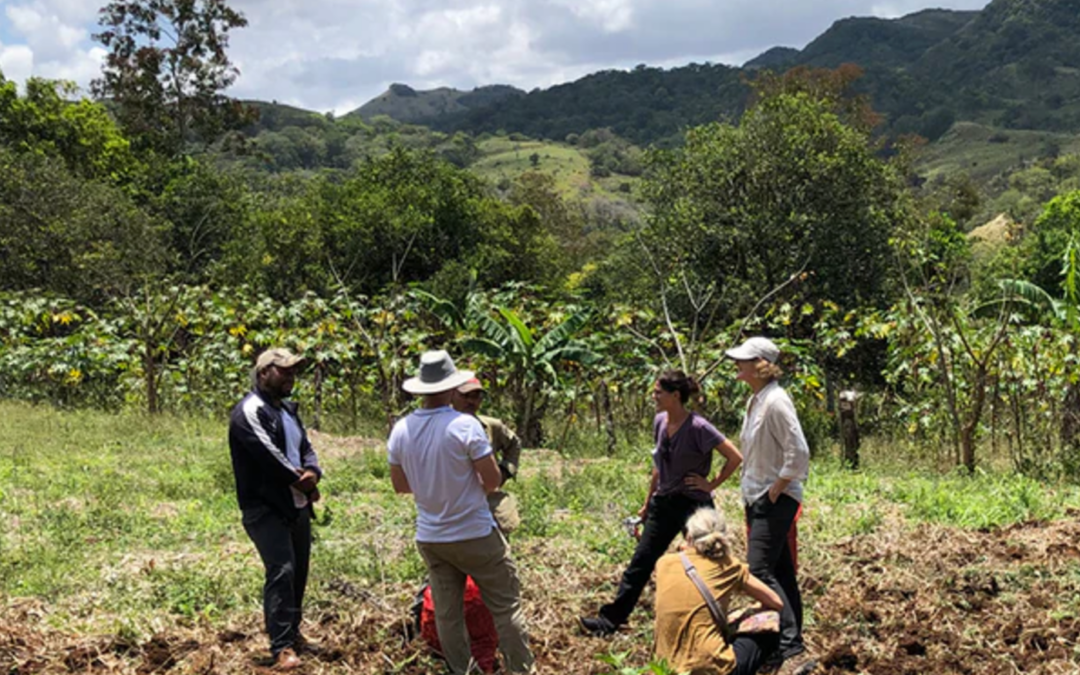
by ClausenCenter | Nov 25, 2024 | Grant, Research, Responsible Sourcing
by Alonso Alfaro-Ureña, Benjamin Faber, Cecile Gaubert, Isabela Manelici, Jose P. Vasquez||
Multinational enterprises (MNEs) increasingly impose “Responsible Sourcing” (RS) standards on their suppliers worldwide, including requirements on worker compensation, benefits and working conditions. Are these policies just “hot air” or do they impact exposed suppliers and their workers? What is the welfare incidence of RS in sourcing countries? To answer these questions, the authors developed a quantitative general equilibrium (GE) model of RS and combine it with a unique new database. In the theory, they show that the welfare implications of RS are ambiguous, depending on an interplay between what is akin to an export tax (+) and a labor market distortion (−). Empirically,they combine the near-universe of RS rollouts by MNE subsidiaries in Costa Rica since 2009 with firm-to-firm transactions and matched employeremployee microdata. They find that RS rollouts lead to significant reductions in firm sales and employment at exposed suppliers, an increase in their salaries to initially low-wage workers and a reduction in their low-wage employment share. We then use the estimated effects and the microdata to calibrate the model and quantify GE counterfactuals. They find that while MNE RS policies have led to significant gains among the roughly one third of low-wage workers employed at exposed suppliers ex ante, the majority of low-wage workers lose due to adverse indirect effects on their wages and the domestic price index.
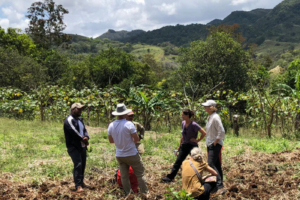

by ClausenCenter | Nov 25, 2024 | by Barry Eichengreen, Grant, International Financial Architecture, Research
by Barry Eichengreen, My T. Nguyen, Ganesh Viswanath-Natraj
Stablecoins’ reliance on centralized custodians introduces devaluation risk similar to that of traditional currencies under fixed exchange rate regimes. The authoers construct market-based measures of stablecoin devaluation risk using spot and futures prices for Tether, estimating an average devaluation probability of 60 basis points annually and peaking at over 200 basis points during the 2022 Terra-Luna crash. Key risk factors include market volatility and transaction velocity, with elevated interest rates indicating devaluation risk. Deviations from covered interest rate parity point to segmentation between traditional and stablecoin markets, driven by leverage trading and arbitrage costs. Our findings suggest the need for increased transparency and regulatory oversight to mitigate stablecoin risk.

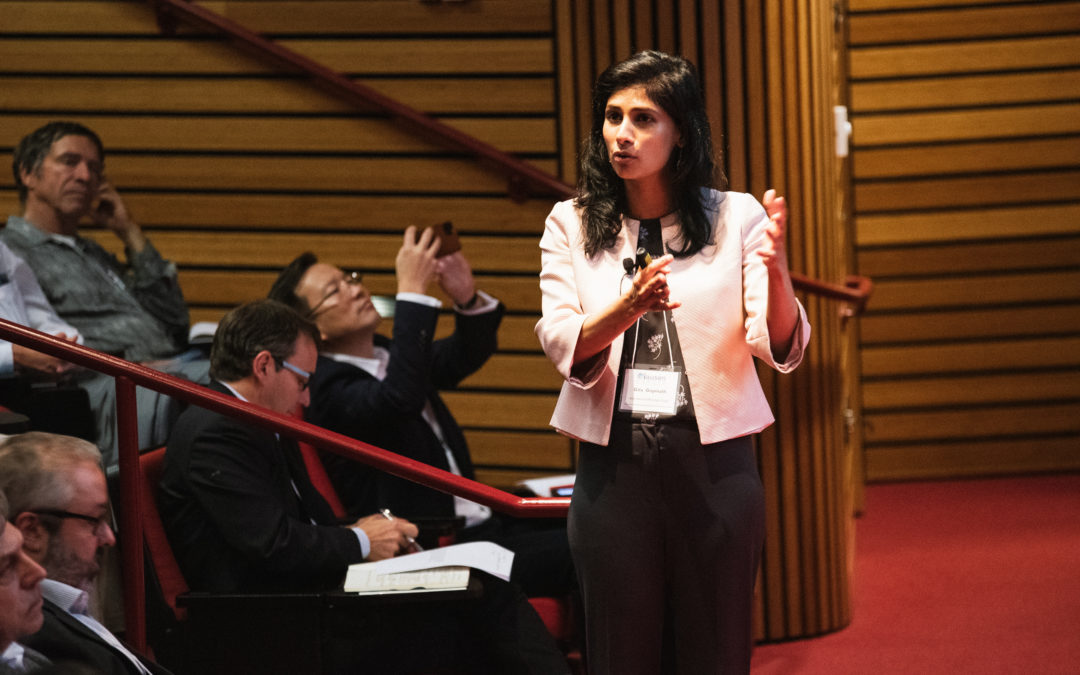
by ClausenCenter | Apr 9, 2024 | Conferences, Events
Gita Gopinath, the First Deputy Managing Director of the International Monetary Fund, will join UC Berkeley students, faculty, and staff for a town hall meeting on May 8, 2024 from 2:00pm-3:00pm at the Social Science Matrix venue. The event will feature an interview of Dr Gopinath conducted by current UC Berkeley students on topics ranging from debt sustainability to economic fragmentation and the role of the dollar in the global economy, followed by an open question period.
a town hall meeting on May 8, 2024 from 2:00pm-3:00pm at the Social Science Matrix venue. The event will feature an interview of Dr Gopinath conducted by current UC Berkeley students on topics ranging from debt sustainability to economic fragmentation and the role of the dollar in the global economy, followed by an open question period.
The Social Science Matrix is located on the 8th floor of the Social Sciences Building on the UC Berkeley campus. There are entrances at both ends of the building, but only one of the elevators on the eastern side goes directly to the 8th floor. You can alternatively take the stairs.
You must be registered to attend this event. Please note that this event is limited to UC Berkeley students, faculty, and staff. Attendees will be asked to present ID upon arrival. Please register using the link below:
> Register now
For more information about the event, please visit the UC Berkeley Social Science Matrix page.
If you require an accommodation for effective communication (ASL interpreting/CART captioning, alternative media formats, etc.) or information about campus mobility access features in order to fully participate in this event, please contact Chuck Kapelke at ckapelke@berkeley.edu with as much advance notice as possible and at least 7-10 days in advance of the event.
Presented by Social Science Matrix and the Clausen Center for International Business and Policy.
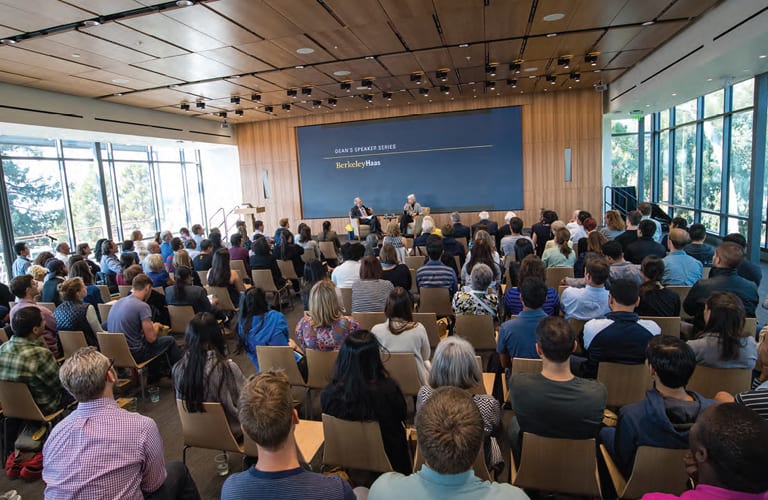
by ClausenCenter | Nov 13, 2023 | Conferences, Events
NOVEMBER 18, 2023
UNIVERSITY OF CALIFORNIA BERKELEY

Program |

Venue |

Photos |

Hotel |

Contact |
UC Berkeley’s Clausen Center for International Business and Policy will hold its 4th biennial Conference on Global Economic Issues: Deglobalization and Fragmentation, on Saturday, November 18, 2023.
The Clausen conference will host prominent economists, policymakers, and industry participants. This year we welcome Pinelopi Goldberg, Elihu Professor of Economics and Professor of Management at Yale University, to give the keynote address.
Thank you for joining us for the 2023 Clausen Center Conference!
We hope you enjoy the conference photos and you can find the participant list here.
We look forward to seeing you again and best wishes for the new year!

PROGRAM
| 8:30-9:00am |
Registration & Breakfast |
| 9:00-9:15am |
Opening Remarks
Benjamin E. Hermalin Executive Vice Chancellor and Provost,
University of California Berkeley |
| 9:15-10:30am |
Session 1 – Energy, Trade and the Environment
Moderator: Pierre-Olivier Gourinchas International Monetary Fund
Panelists:
Cullen S. Hendrix Peterson Institute for International Economics (View Session Slides)
Catherine Wolfram MIT Sloan School of Management
Joseph Shapiro University of California Berkeley (View Session Slides)
|
| 10:30-11:00am |
Break |
| 11:00-12:30pm |
Session 2 – Semiconductors, export restrictions and CHIPs Act
Moderator: Matilde Bombardini University of California Berkeley
Panelists:
Alberto L. Sangiovanni-Vincentelli University of California Berkeley and co-founder of Cadence and Synopsys (View Session Slides)
Chad P. Bown Peterson Institute for International Economics
Matthew S. Borman Deputy Assistant Secretary of Commerce for Export Administration – Bureau of Industry and Security
Ronnie Chatterji Duke University and former White House Coordinator for CHIPS Act Implementation at the National Economic Council (NEC) |
| 12:30-1:45pm |
Lunch |
| 1:45-3:15pm |
Session 3 – Financial issues related to de-dollarization and international capital flows
Moderator: Barry Eichengreen, University of California Berkeley
Panelists:
Patricia C. Mosser Columbia University
Gene Frieda London School of Economics
Matteo Maggiori Stanford Graduate School of Business |
| 3:15-3:45pm |
Break |
| 3:45-4:45pm |
Egon & Joan von Kaschnitz Keynote Lecture
“Globalization in Crisis”
Pinelopi Goldberg Elihu Professor of Economics and Professor of Management, Yale University (View Session Slides) |
| 4:45-5:00pm |
Closing Remarks – Matilde Bombardini and Cecile Gaubert (Clausen Center Co-directors) |
| 5:00-6:00pm |
Reception |

Venue
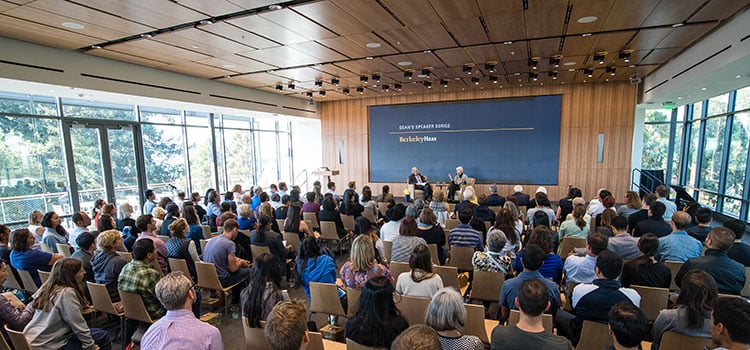 All sessions will be held at:
All sessions will be held at:
Chou Hall
University of California Berkeley
Spieker Forum (6th Floor), Cheit Ln, Berkeley, CA 94720

Parking and Transportation
Parking
Parking Passes for participants can be reserved in advance.
Parking validation is available at Stadium Parking Lot.
Contact econevents@berkeley.edu to request a permit.
Transportation
Shuttle service will be provide to and from the conference venue for all those lodging at Le Meridien San Francisco hotel.
For additional transportation options, please visit Bart.gov or 511.org

Accommodation
 Le Meridien San Francisco, 333 Battery Street, San Francisco
Le Meridien San Francisco, 333 Battery Street, San Francisco
Reservations at Le Meridien are now closed. If you require lodging, we recommend Hotel Shattuck Plaza and Residence Inn.
Conference participants are responsible for any lodging expenses.
Please contact econevents@berkeley.edu for more information about discount rates.

Contact
For questions regarding conference logistics, please contact econevent@berkeley.edu

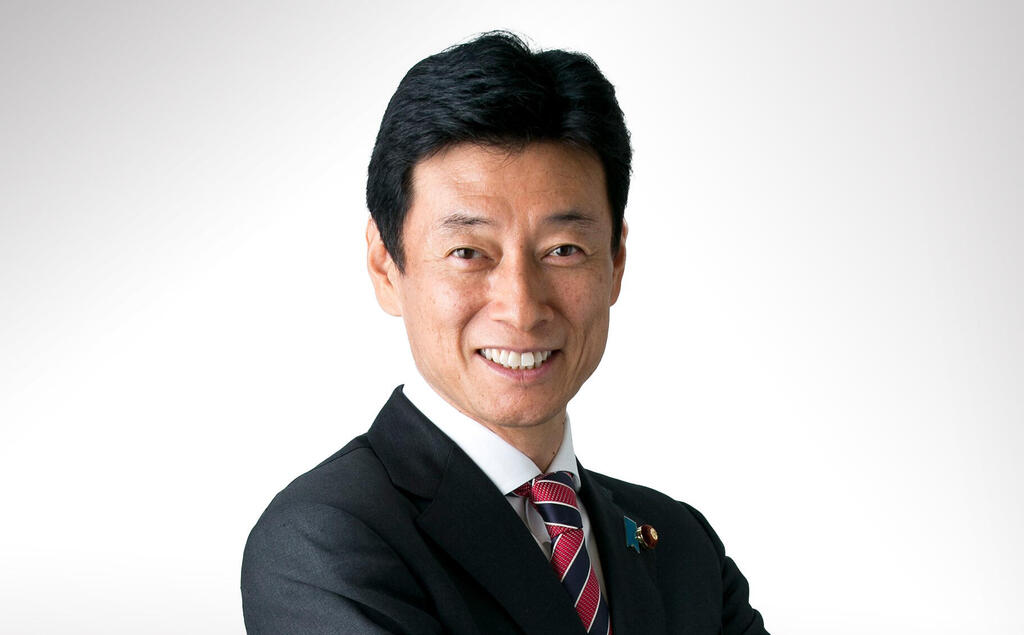
by ClausenCenter | Nov 13, 2023 | Events
The Clausen Center is co-sponsoring a talk by Japan’s Minister of the Economy, Trade, and Industry, Nishimura Yasutoshi, on Nov. 15 at 12:30 pm in Chou Hall’s Spieker Forum. The event is held in partnership with the Berkeley APEC Study Center; the Institute for East Asian Studies; the Center for Japanese Studies; and Berkeley SkyDeck, with support from the Haas Asia Business Club. The talk, covering fostering entrepreneurship and innovation in Japan, will look at how Japan is driving transformation change through its support for startups. Mr. Nishimura will also participate in a conversation with Haas School of Business Acting Dean Jenny Chatman.
The program, which will run from 12:30-1 pm, will be:
- Welcome from Clausen Center Faculty Director Matilde Bombardini
- Remarks by METI Minister Nishimura Yasutoshi
- Fireside interview with Jenny Chatman and Minister Nishimura
Mr. NIshimura has served as Minister of Economy, Trade and Industry (METI) since August 2022. He was reappointed to his post in September 2023. He was born on October 15, 1962, in Hyogo Prefecture in Japan’s Kansai region. He was first elected to Japan’s House of Representatives in 2003 and has held a number of senior government roles during the past 20 years.
We ask that you register for the free event ahead of time so we can have an accurate count of attendees.
> Register now







 a town hall meeting on May 8, 2024 from 2:00pm-3:00pm at the Social Science Matrix venue. The event will feature an interview of Dr Gopinath conducted by current UC Berkeley students on topics ranging from debt sustainability to economic fragmentation and the role of the dollar in the global economy, followed by an open question period.
a town hall meeting on May 8, 2024 from 2:00pm-3:00pm at the Social Science Matrix venue. The event will feature an interview of Dr Gopinath conducted by current UC Berkeley students on topics ranging from debt sustainability to economic fragmentation and the role of the dollar in the global economy, followed by an open question period.
 All sessions will be held at:
All sessions will be held at:



